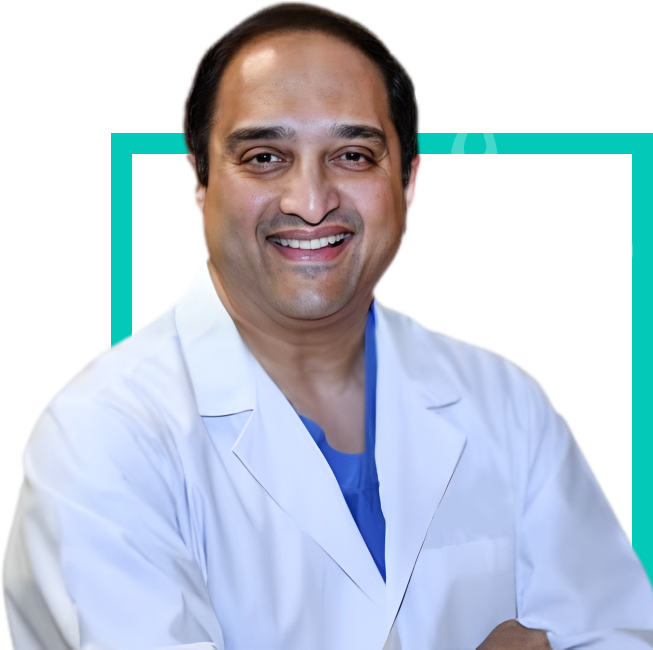How Smoking Impacts Lung Function

Smoking is one of the leading causes of preventable death worldwide, and its effects on our health cannot be overstated. Smoking takes a toll on almost every organ in the body, but arguably, it has the most damaging impact on your lungs. While you may know that smoking can lead to lung cancer or COPD (chronic obstructive pulmonary disease), you might not realize all of the other ways smoking impacts your lung function and respiratory health. In this blog post, we will dive into the details of how smoking affects your lungs so that you can make informed decisions about making lifestyle changes for better health!
Lung Anatomy
Before diving into the effects of smoking on our lungs, it is essential to understand their anatomy. The lungs are two sponge-like organs located inside the chest, protected by the rib cage. They play a crucial role in our body’s respiratory system, which is responsible for taking in oxygen and expelling carbon dioxide. Our right lung has three lobes, while our left lung has two, and they are connected to the trachea (windpipe), which branches off into smaller airways called bronchi. The bronchi then branch into even smaller tubes called bronchioles, which end in tiny air sacs called alveoli. This complex system allows for efficient gas exchange, where oxygen is absorbed into the bloodstream and carbon dioxide is removed from the body.
The Effects of Smoking on Lung Function
Smoking introduces thousands of harmful chemicals into our lungs, including nicotine, tar, and carbon monoxide. These substances can cause immediate irritation and damage to our lung tissue, leading to inflammation and scarring. Over time, this can lead to chronic respiratory conditions such as bronchitis or emphysema. The following are some specific ways smoking impacts our lungs:
- Cigarette smoke paralyzes cilia: Cilia are hair-like structures that line the airways and help filter out harmful particles before they reach our lungs. Smoking damages these cilia, causing them to become paralyzed and unable to do their job effectively.
- Decreased lung function: Smoking causes airways to narrow and become inflamed, making it difficult for air to flow in and out of the lungs. This results in decreased lung function and can lead to shortness of breath.
- Increased risk of infections: Smoking also weakens our immune system, making us more susceptible to respiratory diseases such as pneumonia and influenza.
- Build-up of mucus: Smoking can also cause an overproduction of mucus in the airways, leading to a chronic cough and difficulty breathing.
- Lung cancer: Perhaps the most well-known effect of smoking on our lungs is the increased risk of lung cancer. Cigarette smoke contains carcinogens that can damage our DNA and lead to abnormal cell growth in the lungs.
Secondhand Smoke
It’s not just smokers who are at risk for the adverse effects of smoking on lung function. Secondhand smoke, also known as environmental tobacco smoke, can also have a significant impact on respiratory health. Inhaling secondhand smoke can cause similar damage to our lungs and increase the risk of developing respiratory conditions or lung cancer.
Quitting Smoking Can Improve Lung Function
The good news is that quitting smoking can improve lung function and reduce the risk of developing respiratory problems. Within just a few weeks of quitting, cilia in the airways begin to recover and function properly again. In the long term, quitting smoking can also reduce the risk of chronic respiratory conditions and lung cancer.
In conclusion, smoking has numerous adverse effects on our lung function and respiratory health. By understanding how smoking impacts our lungs, we can make informed decisions about our lifestyle choices and take steps towards better health. If you are a smoker, consider quitting to improve your lung function and overall well-being. And if you are around smokers, try to avoid inhaling secondhand smoke as much as possible for the sake of your lung health.
If you struggle with respiratory issues or have concerns about your lung function, contact us today at Prana Pulmonary Clinic! We specialize in a wide range of diagnostic, preventive, and treatment services for various conditions affecting breathing and lung function. From mild asthma to more serious respiratory diseases such as COPD, our experts are equipped with the latest technology and techniques to diagnose and effectively treat these conditions accurately. Contact us today to schedule an appointment with Dr. Vijoydeep Rao for healthier breathing and improved lung function!










